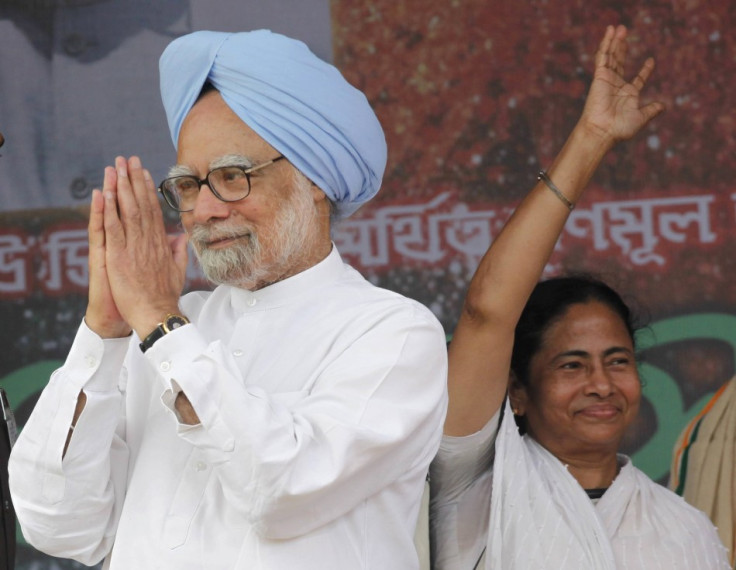Fitch Lowers India's Credit Outlook to Negative at the Cusp of Junk Status

Fitch Ratings lowered the outlook on India's BBB- credit rating to negative from stable and warned that it could be downgraded to junk status if the country's growth, policymaking and governance deteriorated further.
"Against the backdrop of persistent inflation pressures and weak public finances, there is an even greater onus on effective government policies and reforms that would ensure India can navigate the turbulent global economic and financial environment and underpin confidence in the long-run growth potential of the Indian economy," said Art Woo, director at Fitch Ratings.
India teeters on the edge of being downgraded to junk status, despite Fitch maintaining its BBB- rating for India, which is at the lowest investment grade level.
"A significant loosening of fiscal policy, which leads to an increase in the gross general government debt/GDP ratio, would result in a downgrade of India's sovereign ratings," said Fitch in a statement.
Recently, Standard & Poor's said India could become the first of the BRIC economies, which also include Brazil, Russia and China, to lose its investment-grade status and move into junk territory if it did not curb inflation, stem falling GDP growth and improve on governmental policymaking and governance.
"The combination of a weakening political context for further reform, along with economic deceleration, raises the risk that the government may take modest steps backward away from economic liberalization in the event of unexpected economic shocks. Such potential backward steps could reverse India's liberalization of the external sector and the financial sector," said S&P credit analyst Joydeep Mukherji, author of the report "Will India be the first BRIC Fallen Angel"?
India in Turmoil
As IBTimes UK has reported, the outlook for India has become increasingly troubling as the country battles against high inflation, consistent falling GDP growth and political turmoil.
The Reserve Bank of India (RBI) defied widespread expectations for an interest rate cut following high inflation and poor market performance and kept its key lending rate unchanged at 8 percent and its cash reserve ratio for banks at 4.75 percent, despite market consensus forecasting a 25 basis points rate cut.
RBI said that a "further reduction in the policy interest rate at this juncture, rather than supporting growth, could exacerbate inflationary pressures."
The move has already widely confused market analysts, as "the policy statement failed to provide much of a rationale for the central bank's decision apart from re-emphasising that interest rates have had only a limited role in the current growth slowdown. Forward guidance was also scanty," says Sanjay Mathur, Chief Economist (Non-Japan Asia) at RBS.
"Although we have always agreed with the view that the current slowdown in India is attributable to a host of reasons and not interest rates alone, it is disconcerting to see that the emphasis on inflation is not stable. The operating parameter has periodically swung from headline to core to consumer," adds Mathur.
Indeed, India's first quarter GDP report card shows the slowest pace of growth in nearly a decade.
Following a decline in manufacturing output, which shrank 0.3 percent from the year earlier, the overall 5.3 percent GDP advance is spectacularly lower than the consensus forecast of 6.1 percent.
Furthermore, India's economy only grew 6.5 percent in the last fiscal year ending March 31 2012, which is lower than the government's projection of a 6.9 percent expansion and its fiscal deficit during the 2011/12 fiscal year was 5.2tn rupees, which is equivalent to 5.9 percent of India's GDP, according to a Reuter's calculation
On top of that, the third largest economy in Asia, India is still suffering from inflation and currency weakness.
Fitch said it expects the Indian economy to grow just 6.5 percent in the fiscal year that ends in March, down from its earlier forecast of 7.5 percent, while it expects wholesale price index inflation to average 7.5 percent.
"India also faces structural challenges surrounding its investment climate in the form of corruption and inadequate economic reforms," said Fitch.
© Copyright IBTimes 2025. All rights reserved.






















